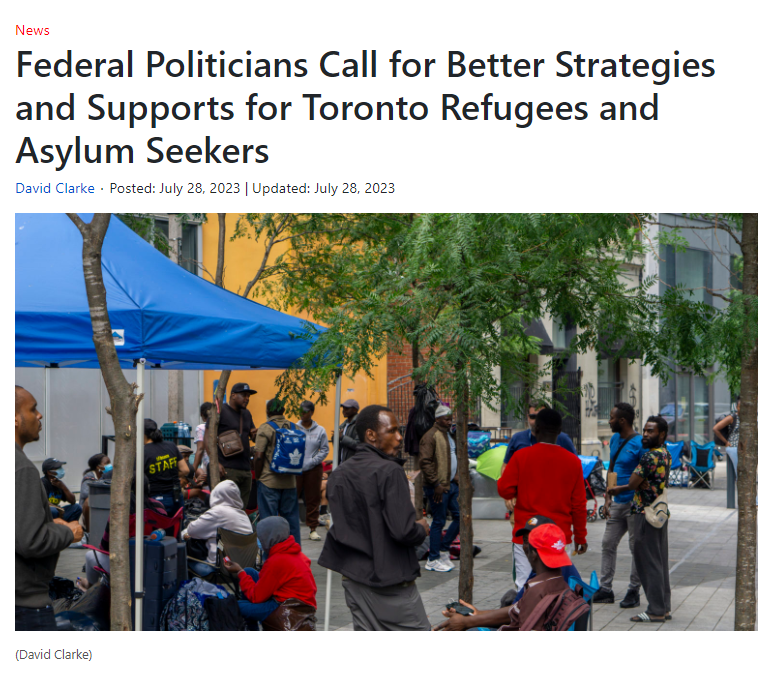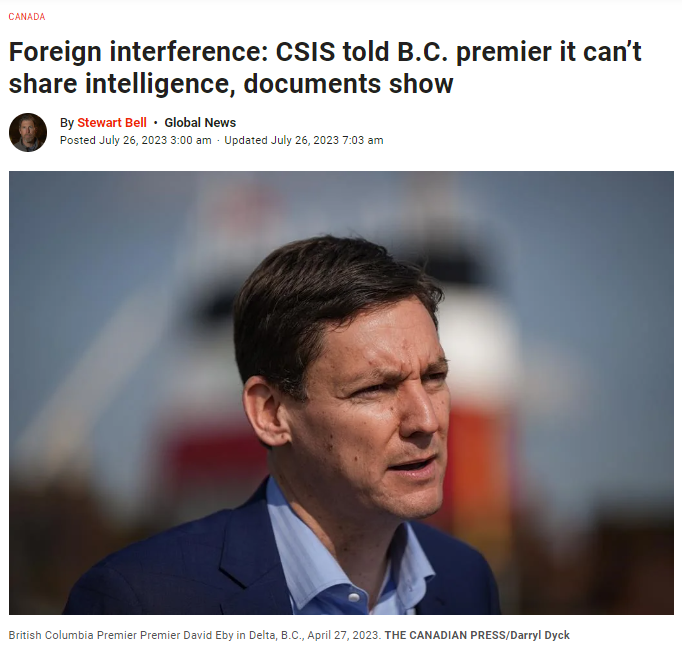NDP MP Jenny Kwan and vocal critics of China are calling on the federal government to swiftly introduce — and on Parliament to quickly pass — foreign agent registry legislation to safeguard the next federal election.
In a new petition, Kwan and a coalition of human rights and pro-democracy groups are urging the House of Commons to pass the yet-to-be introduced legislation as soon as possible.
Under intense scrutiny over its handling of alleged Beijing-backed interference operations in the last two federal elections, the Liberal government launched public consultations on a proposed foreign agent registry in March.
A government source told CBC News in March that a bill will be tabled in the House of Commons later this year.
"This should have been done yesterday," Kwan told CBC News. "If we head into the next election without some safeguards and measures in place, then it is us, Canadians, who will actually suffer.
"The government has to be dragged kicking and screaming to the table to try and get this work done."







